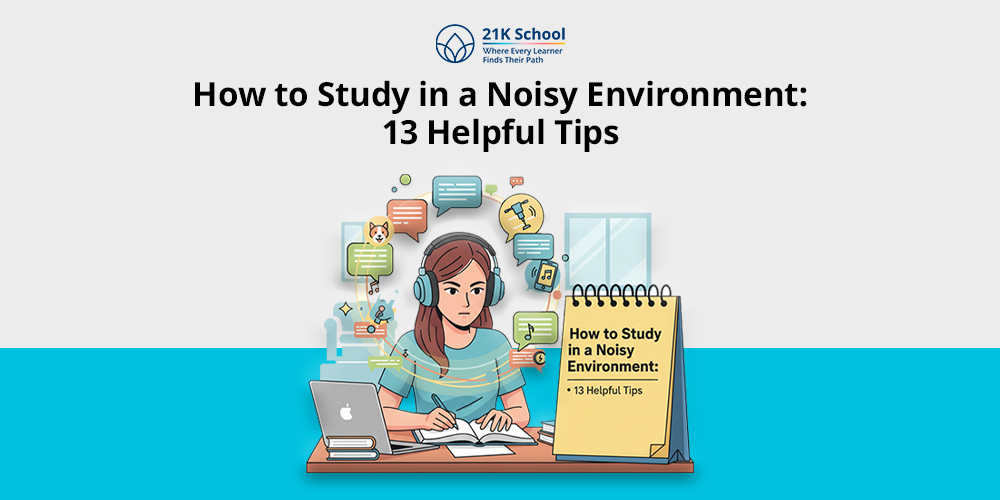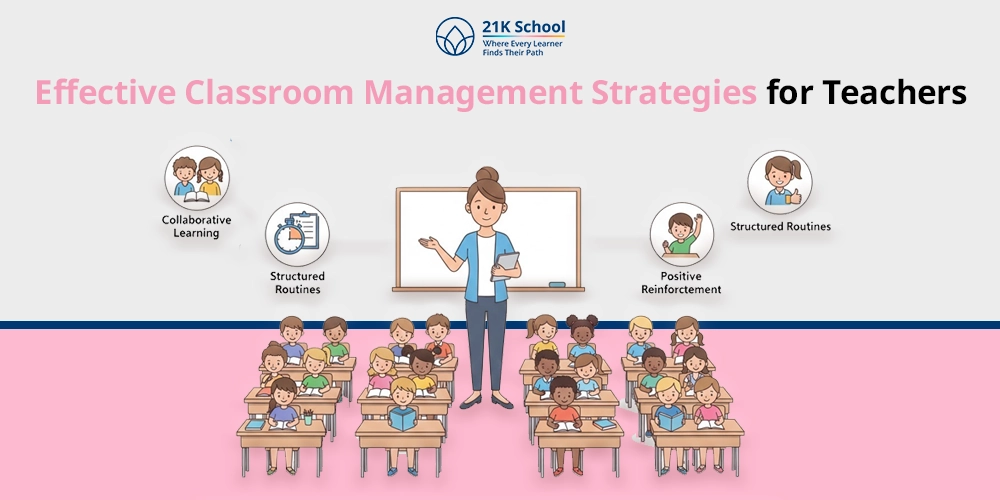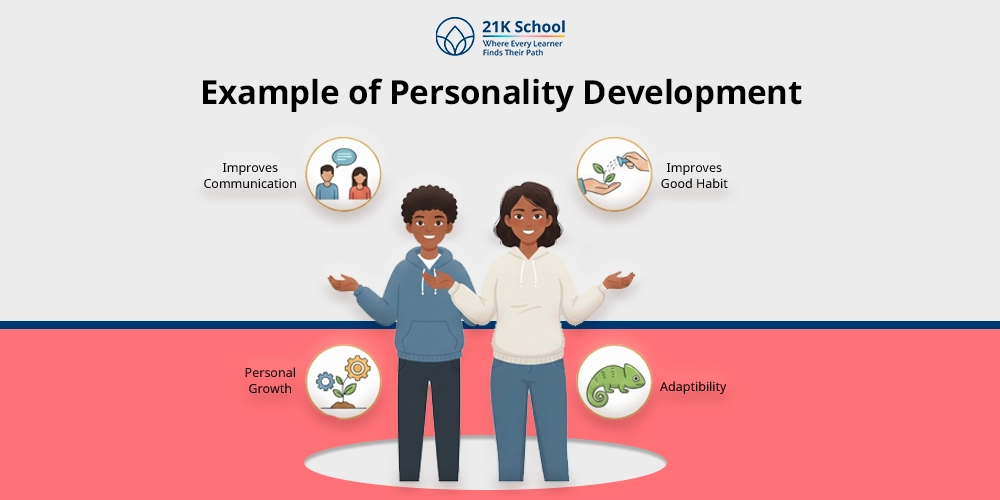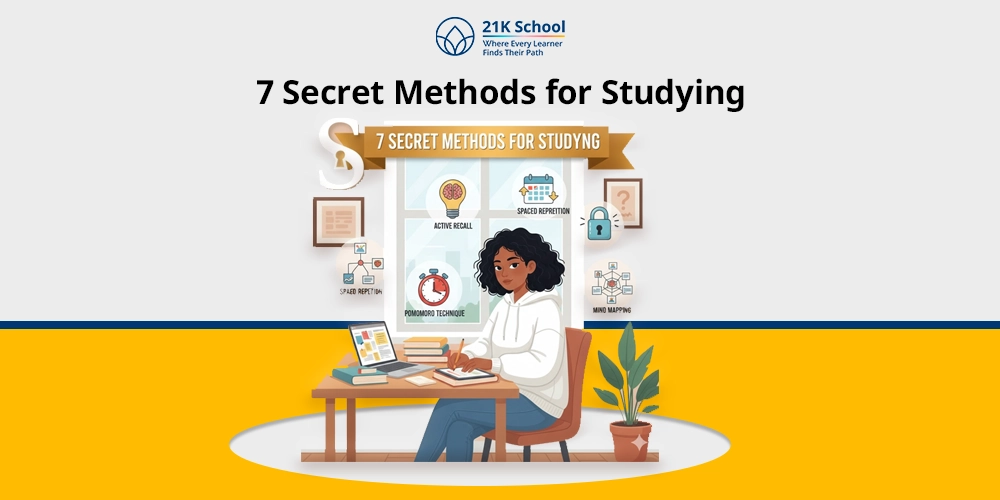
How do you know the impact of a noisy atmosphere on your studies?
Even a social place that is active cannot be created without physical noise, but at least there can at least be attempts to reduce the level of noise in such a place in order to help him or her study.
Noise-cancelling headphones or earplugs can be used or one can use white noise or instrumental music to cover the noise every time he or she is studying in a noisy environment.
Note-taking and mindfulness are some of the concentration techniques that enable you to read in a noisy environment, since they help to focus on what you are reading.
These concentration techniques can also aid in developing concentration skills when you are reading, when there is some level of noise by simply practising these techniques and you will find that you are better able to focus, whether it be by use of simple mindfulness or simply taking notes.
Contents
- 1 How to Study in a Noisy Environment: 13 Best Tips
- 1.1 1. Wear Noise-Cancelling Headphones
- 1.2 2. Find a Quiet Study Area
- 1.3 3. Stay Away from Phones
- 1.4 4. Take Short Breaks
- 1.5 5. Use Soundproof Earplugs
- 1.6 6. Adapt to the Environment
- 1.7 7. Sleep Well
- 1.8 8. Listen to Calm Music
- 1.9 9. Use a Timer
- 1.10 10. Change Your Task
- 1.11 11. Read Aloud
- 1.12 12. Practice Mindfulness
- 1.13 13. Engage Actively
- 2 Final Thoughts
How to Study in a Noisy Environment: 13 Best Tips
Distraction is one of the things that complicate the learning process, but with the appropriate strategies, a person can reduce the level of noise and focus on the task at hand.
These are the suggestions that can be made to the productivity hacks, mental science and actual strategies of fun learning . This is what makes the methods of learning successful within a disruptive environment. When you have to study for your exams , you should seek secluded spaces where you can read.
1. Wear Noise-Cancelling Headphones
Unlike the isolating of the sound outside of the head, noise-cancelling headphones produce sound waves in the headphones. The low-priced models which provide good noise cancellation attract most students.
In this type of study, they brush the distraction of any peripheral action on the auditory system and help you to concentrate on school work. Noise prevents stress from being perceived and hence enhances efficiency in tasks, and error rate in learning activities is also minimised.
2. Find a Quiet Study Area
There are always some points where students can find some silence. A corner or a bench in the backyard can be equipped with some pieces of furniture to create some kind of silence.
Such exclusive space puts the mind in a position where it gets to learn to consider that place of study as a place of concentration. The consistency of a particular learning zone facilitates retention and motivation that is needed to achieve academic success in the long term.
3. Stay Away from Phones
Mobile notifications and ringtones are highly distracting. The learning strategies will require the students to switch their phones off or block applications. This assists in eliminating the problem of divided attention and can absorb all the learning contents.
Cell phones can be regarded as one of the biggest obstacles on the way to successful studying. The fear of failing to miss a connection and reading more can be conquered with the help of lectures and reading material and the first variant that is referred to as leaving phones behind.
4. Take Short Breaks
It can be done in the form of short breaks to ensure that he or she is at a position to focus without straining the mind so much. The pauses between the learners will be interrupted by the tedious studies in a loud atmosphere.
The other of good strategy would at least be in case there is a lengthening of the session and the students are anticipating a break and are not depressed.
5. Use Soundproof Earplugs
In fact, earplugs are some of the most feasible soundproofing appliances that the student can utilise when studying in areas where there is a lot of noise. This will however, enable the students to mute the discussions or background noise and get back to doing their work but they do not need to have complete silence.
Earplugs are a very cheap and lightweight product that can be carried by students, and they enable students to concentrate better on their education and not experience study stress .
6. Adapt to the Environment
Occasionally, certain sounds are inevitable and the learners are to learn to be accommodating to them rather than attacking them. Having simple study activities that do not require a lot of demand will help the students familiarise themselves with the background noise.
Background noises become less irritating after some period of time because you are now accustomed to the atmosphere of studying in a noisy location, and you are not so stressed about studying in a noisy location.
7. Sleep Well
To enjoy a healthy hearing, filtering and thinking, one requires good sleep. Adults’ sleep requirements are 7-9 hours of sleep, whereas teenagers sleep requirements are 8-10 hours of sleep per day .
Sleeping students are more alert and they have more concentration ability. Students with good sleep will not experience study stress, and also do well in school, particularly in a demanding environment.
8. Listen to Calm Music
One of the successful strategies is also playing relaxing music during studying. Background music can conceal the disruptive environmental noise as well as provide a more positive learning environment .
Instrumental music that lacks lyrics is the best form of music since it does not distract the process of verbal learning. In this manner, the students can also study without the inconvenience of the noise in the environment that cannot be controlled.
9. Use a Timer
Time management skill skill provides students with a chance to be familiar with time management through the application of the timer in learning. An analogue and a digital timer can be used to split the study schedules into small units.
It is a disciplined approach that may help students to be focused even in a busy environment. The study based on time is also useful in the development of the concentration and reduction of procrastination which is very useful when studying a difficult topic with a strict deadline.
10. Change Your Task
Finding the noise too intolerable to do one type of activity, the students can switch to another one, say, to reading dense material to looking at diagrams or sorting notes.
This maintains the pace of the studies without necessarily taking up tough courses. This kind of planning will allow the consistent growth of the students in the event of the inadequacy of the optimal learning conditions.
11. Read Aloud
Learners can also read aloud so as to remain concentrated during the noisy learning classes. Low-volume recitation is one of the means through which students can practise active learning .
The approach promotes the memory and relieves the weak areas of the knowledge . It does not lose focus on reading notes or the textbook.
Understand top benefits of reading for students .
12. Practice Mindfulness
Blind attention tasks of meditation help the students to concentrate on the breathing exercises that helps them concentrate on an environment that distracts them.
Anxiety can be reduced through practice, as well as listening and concentration. Contextually, in education , mindfulness would enhance your capacity of attention in the presence of stress and optimism on the whole efficiency of the study in real life.
13. Engage Actively
The interactive learning techniques are especially useful in a distracting environment. This means that the students are likely to use active observation, self-explanation, and interaction with the learning materials in a way that will make them very interested in the content to be taught, rather than the distractions in the surroundings.
The level of memorisation and the level of understanding are better in active learning strategies as opposed to passive reading. These techniques are not only more effective in enhancing the performance in a vastly diverse subject matter, but also they are used to overcome the less-than-ideal, noisy study conditions.
Final Thoughts
Being in the academic setting where noise is extremely high does not necessarily affect your grades and turn you into a retarded student.
The strategies that will follow will enhance the knowledge, boost the recalling ability, enhance the effectiveness of the learning process, reduce distractions, enhance the adaptive concentration, and cognitive learning .
These are the methods that will teach you to get used to noise and learn throughout your life. Through practice, it is these techniques that can be used to turn around a distracting environment and make it a learning environment that would allow one to be successful in school and pass the exams at a very high rate.



